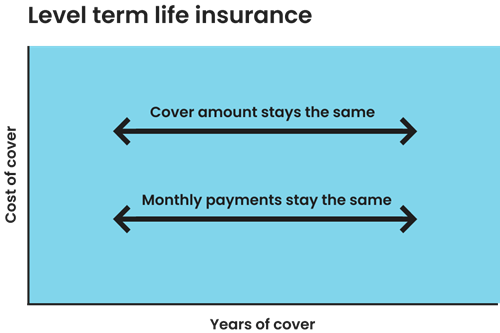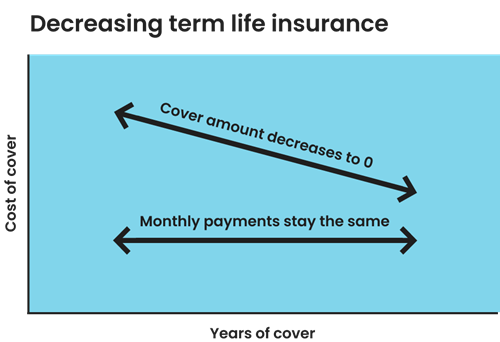"Life insurance can be a great safety net for your loved ones after you die – but it’s important to get it right. Take some time to work out how much money you think your family would need after you’re gone, taking into account any mortgage, debts, and living expenses.
"And when you have life insurance, don’t forget to review it regularly to make sure your level of cover is still enough. Ideally you should review it at least once a year or after any big life events such as buying a house or having a child."










